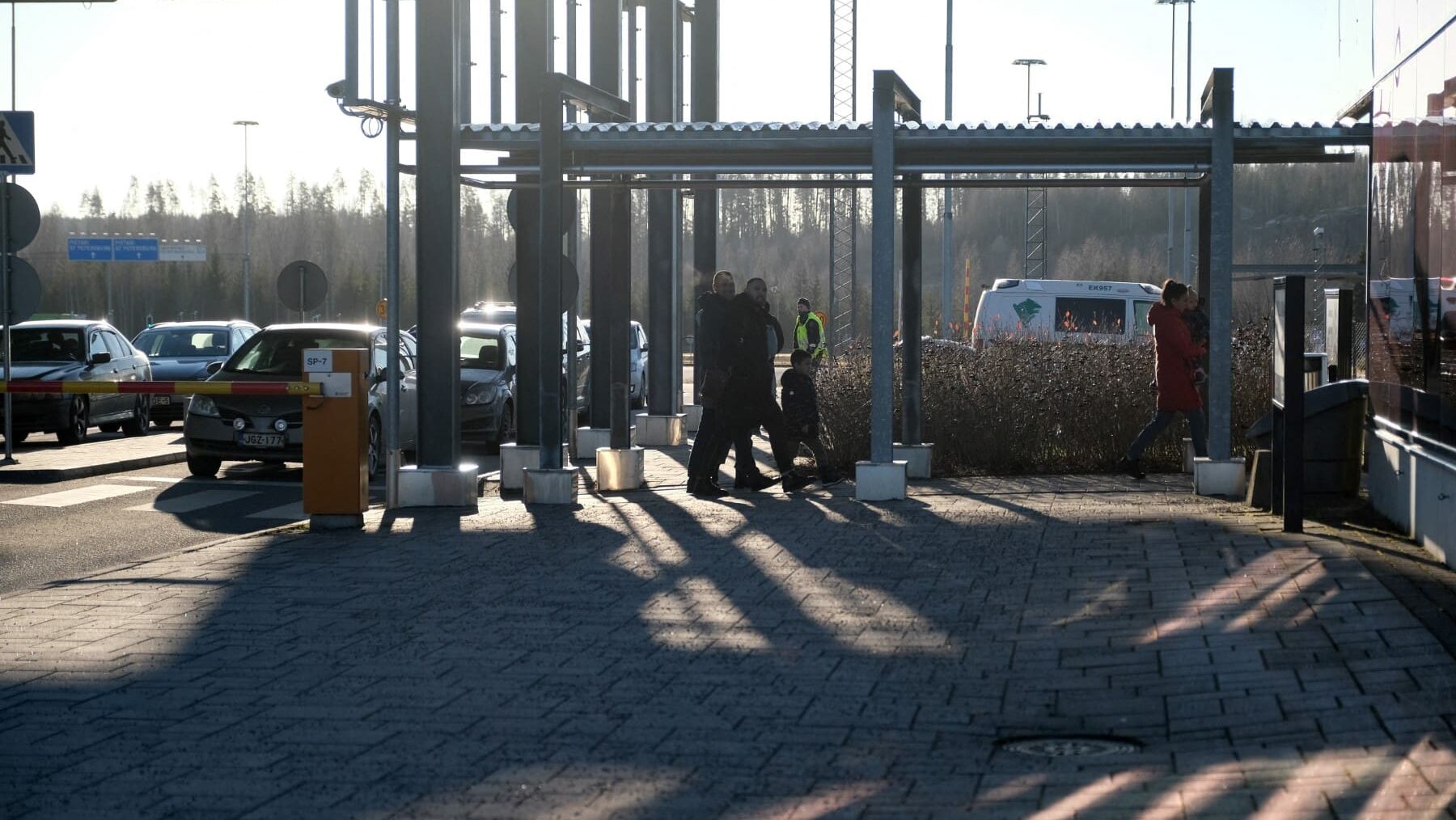
The border station at the Nuijamaa border crossing between Finland and Russia, in Lappeenranta, southeastern Finland.
Photo: Alessandro RAMPAZZO / AFP
The Finnish parliament on Friday narrowly passed a controversial law giving border guards expanded authority to reject asylum applications and turn back migrants attempting to enter the country.
The temporary law, valid for one year, passed with a vote of 167-31, largely along expected party lines, with the Greens and Left Alliance opposed. PM Petteri Orpo’s center-right government has said the law is necessary in light of Russian ‘hybrid warfare’ deliberately funneling migrants from third-world countries to the Finnish border, which is also the European Union’s external border.
Interior Minister Mari Rantanen (Finns Party) said the Finnish government is working with other EU countries to push for European legislation, demanding a proposal from the European Commission to combat instrumentalized migration.
The new Finnish Conversion Act allows border guards to refuse migrants entry into the country, if necessary by force.
“It could be a similar type of removal as the police do at demonstrations, i.e., they could carry people away,” Erkki Hirvonsalo, chairman of the border guard trade union told public broadcasting company yle.
Border patrols will assess migrants appearing at the eastern border for age, illness, disability, and potential persecution in Russia—conditions or situations that would qualify a person for applying for asylum. A person not considered such an ‘exceptional case’ can now be turned back across the border.
“He would be told that asylum applications are not accepted here, and be sent back to Russia,” Hirvonsalo said. Rejected asylum seekers would also be told where they can apply for asylum.
Human rights organizations have protested the bill, claiming it violates international and EU law. But Finnish Finance Minister Riika Purra (Finns Party) said national security has to overrule everything else:
We cannot allow Russia to exploit weaknesses in our legislation and international agreements.
While the law is now in force, Interior Minister Rantanen does not believe it will need to be applied immediately. The government and the president will determine when that will be necessary.
“We cannot say in advance when this will start to be applied. It depends on the situation. We hope that this would never have to be applied, but that this would work as preventive legislation,” Rantanen said.
Finland closed all border crossings with its eastern neighbor indefinitely late last year after some 1,300 migrants from African nations arrived via that route in just three months. Relations with Moscow have deteriorated significantly since Finland abandoned decades of military neutrality to join NATO following Russia’s invasion of Ukraine on February 24th, 2022.
Neighboring countries Latvia, Lithuania, and Poland have all introduced laws similar to the Finnish one.
